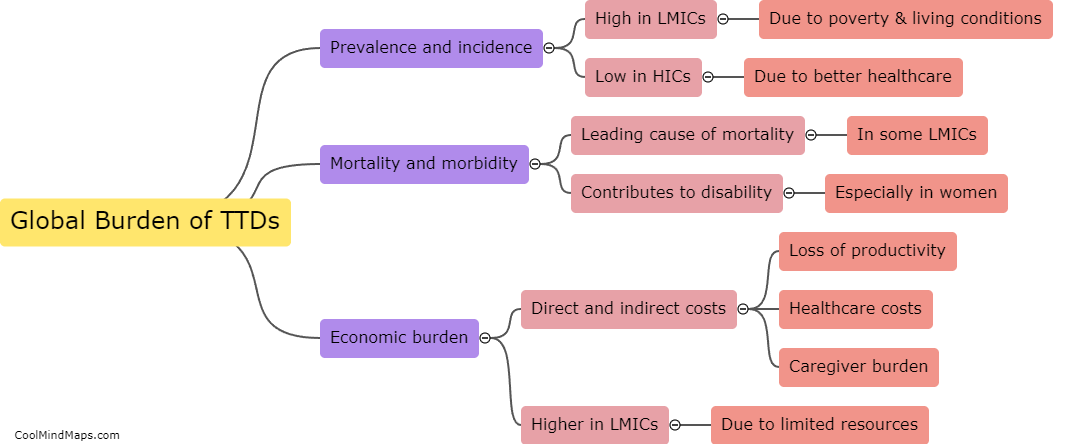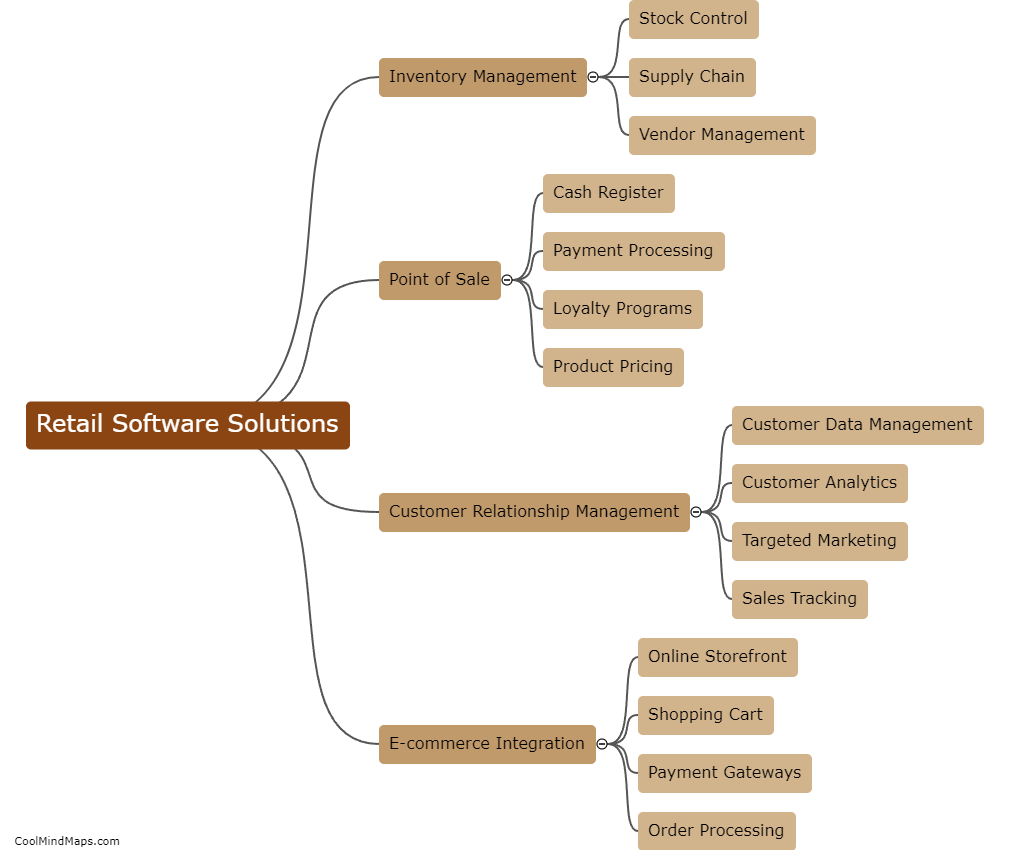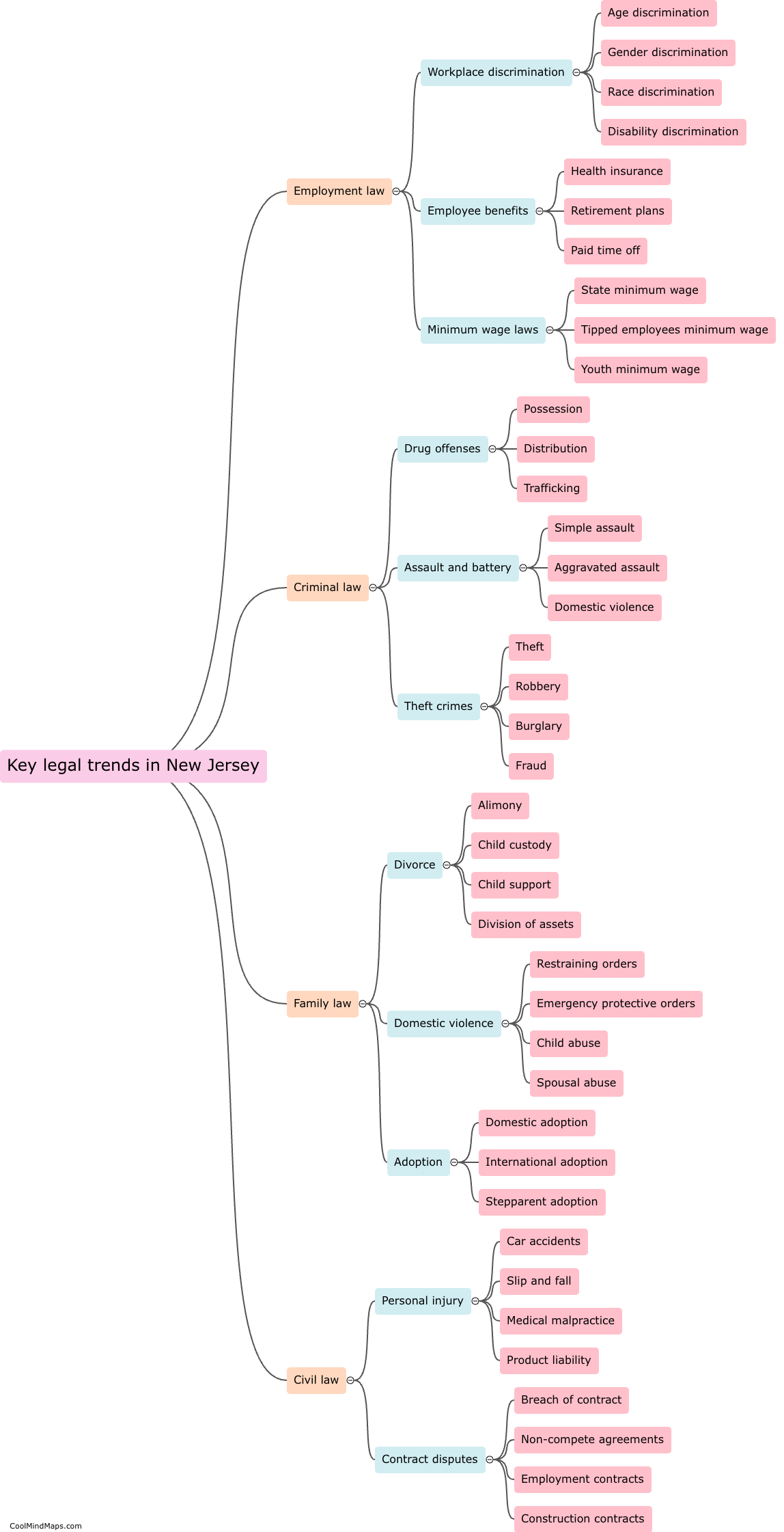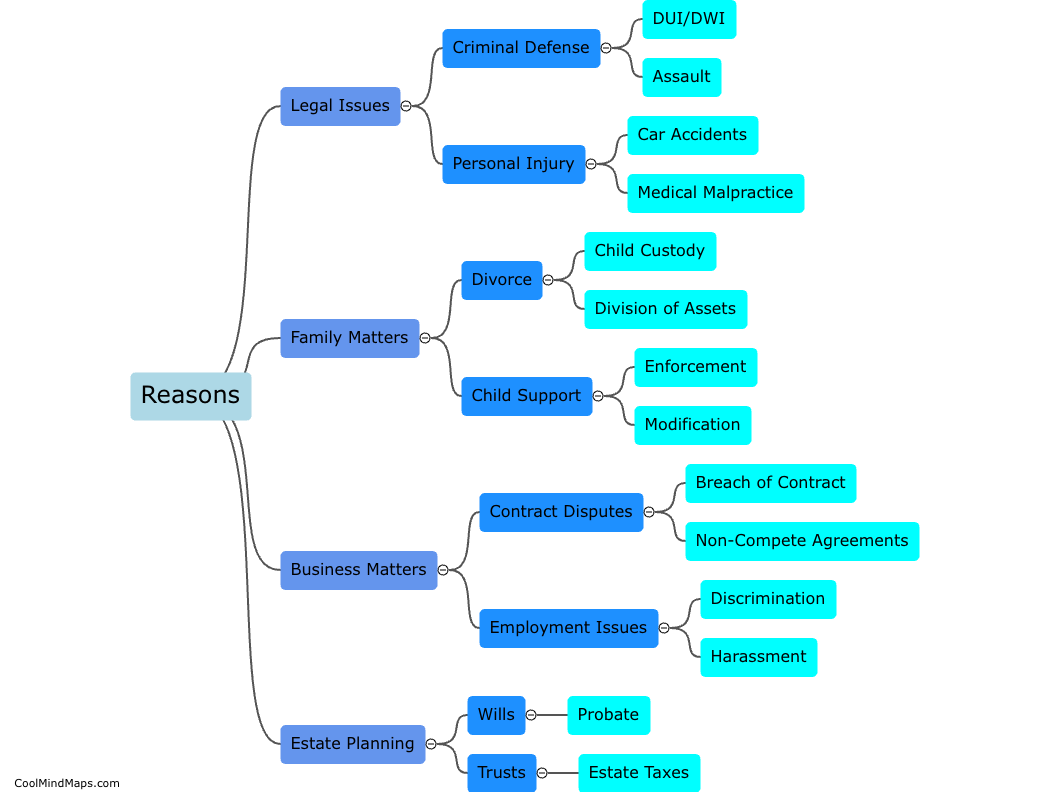How do prosecutors make decisions in New Jersey?
Prosecutors in New Jersey make decisions based on a combination of legal guidelines, ethical considerations, and their professional judgment. When deciding whether to pursue criminal charges, prosecutors evaluate the evidence available, considering its strength and admissibility in court. They must also assess the likelihood of securing a conviction and the potential impact on the victims, community, and criminal justice system. Additionally, prosecutors consider the interests of justice, aiming to ensure fairness and maintain public trust. Ultimately, their decisions are guided by the principles of upholding the law, protecting the rights of all parties involved, and promoting public safety.

This mind map was published on 31 August 2023 and has been viewed 103 times.











